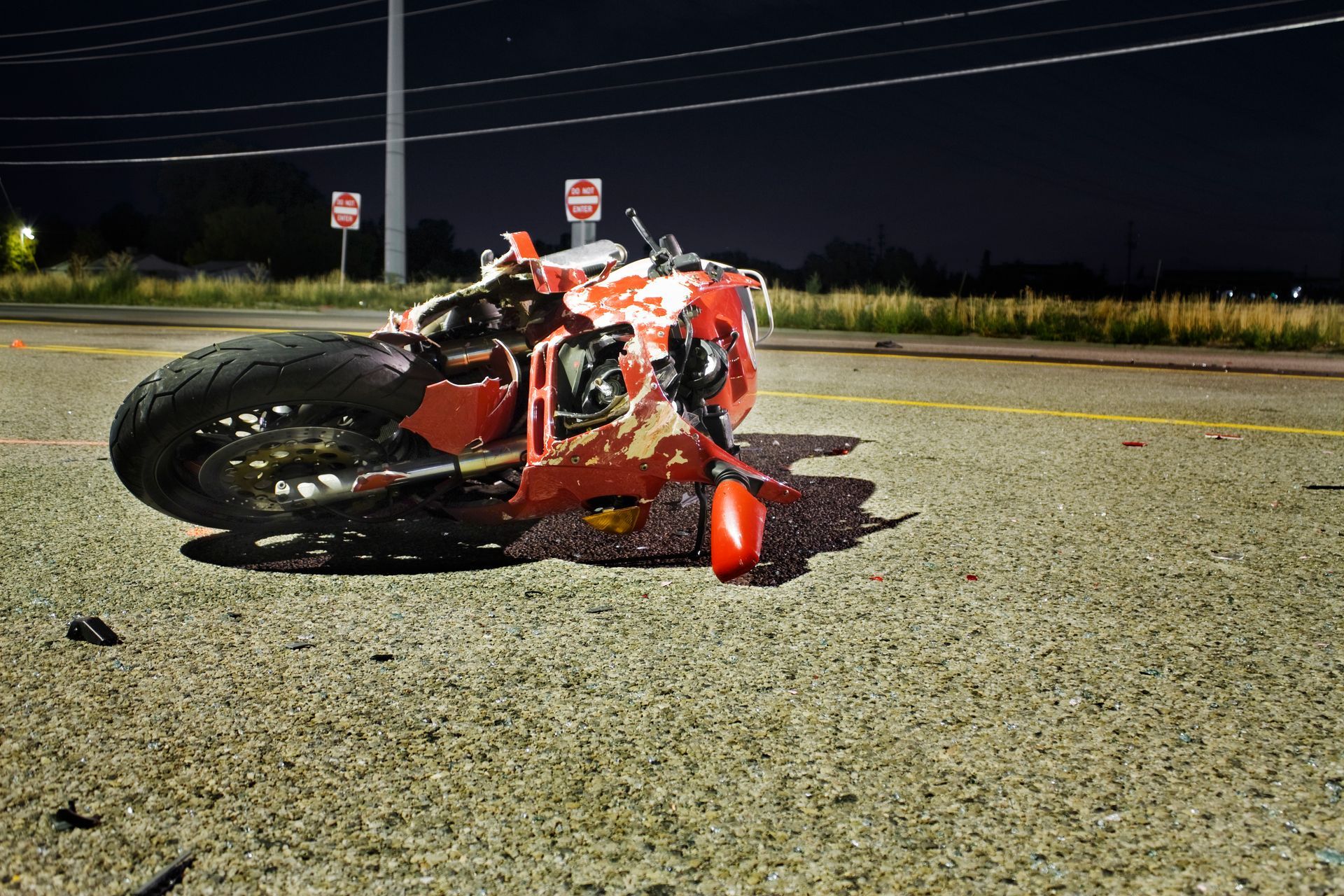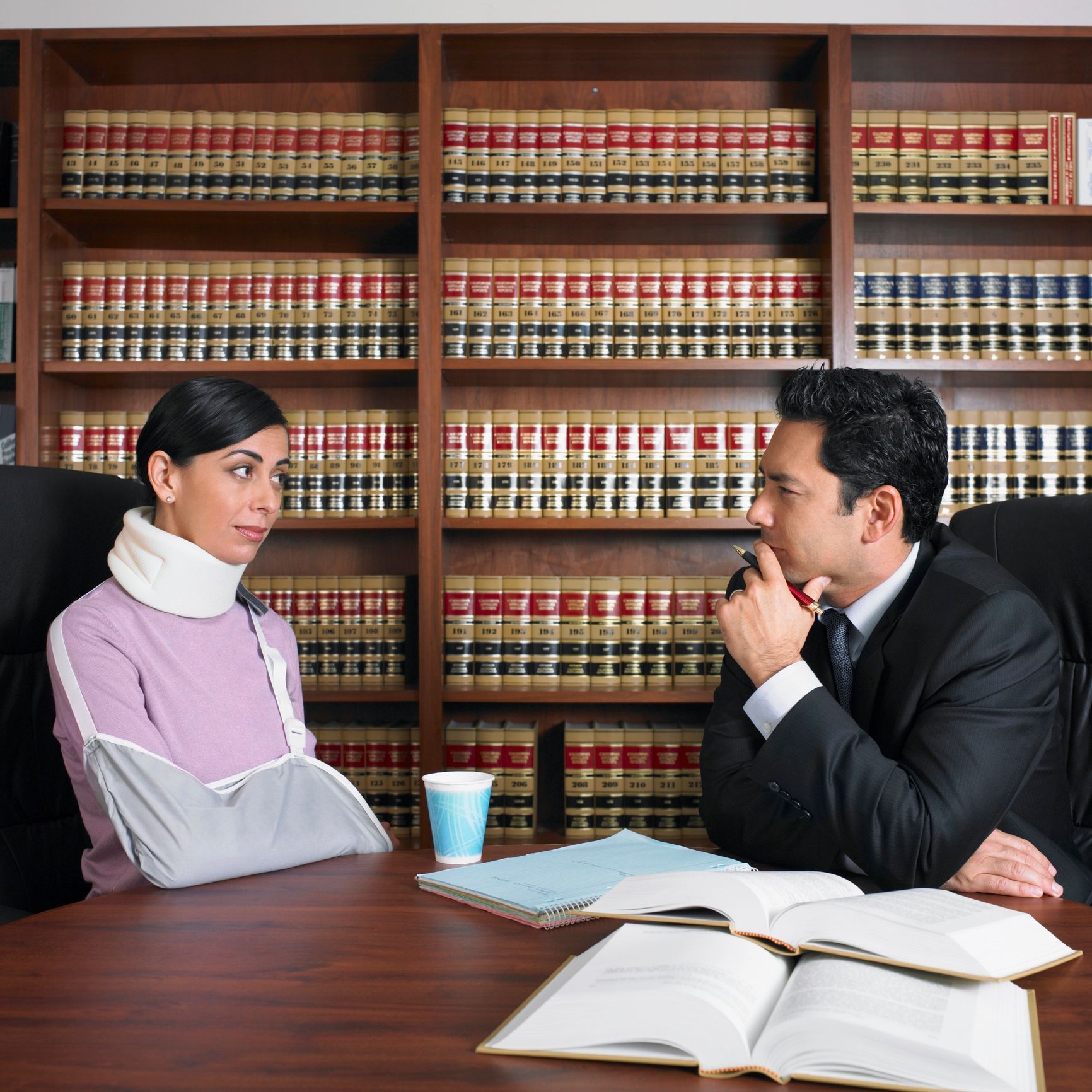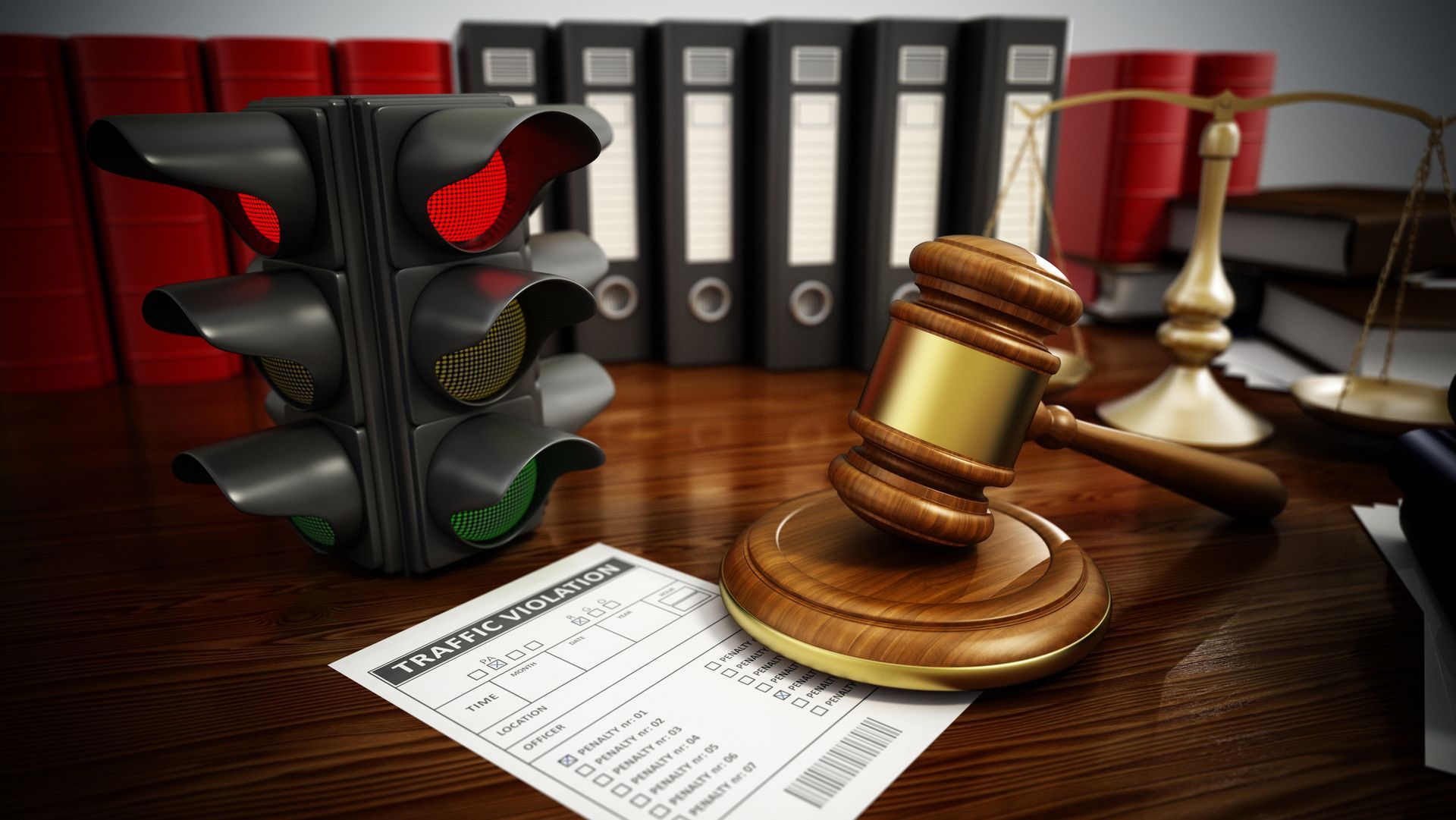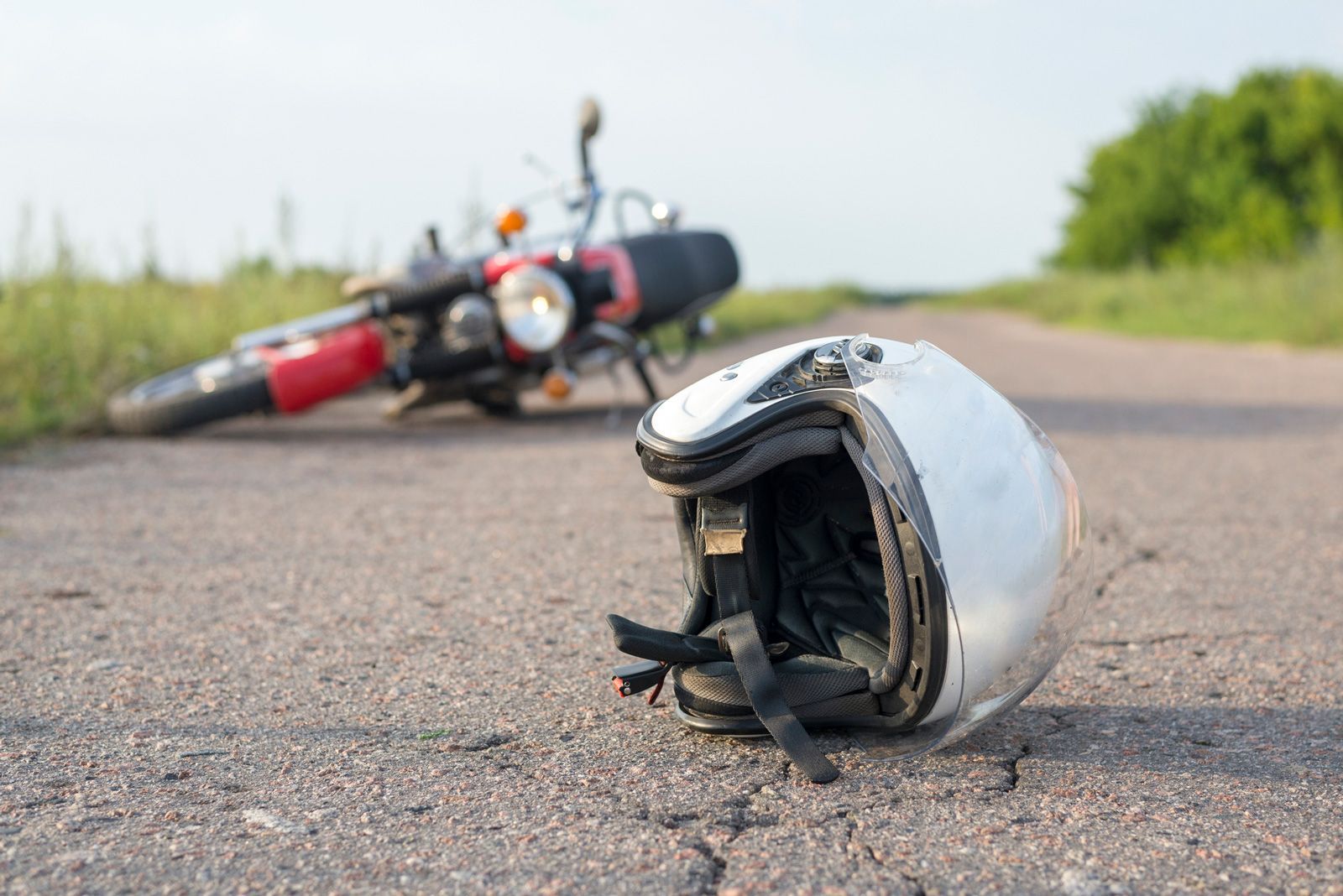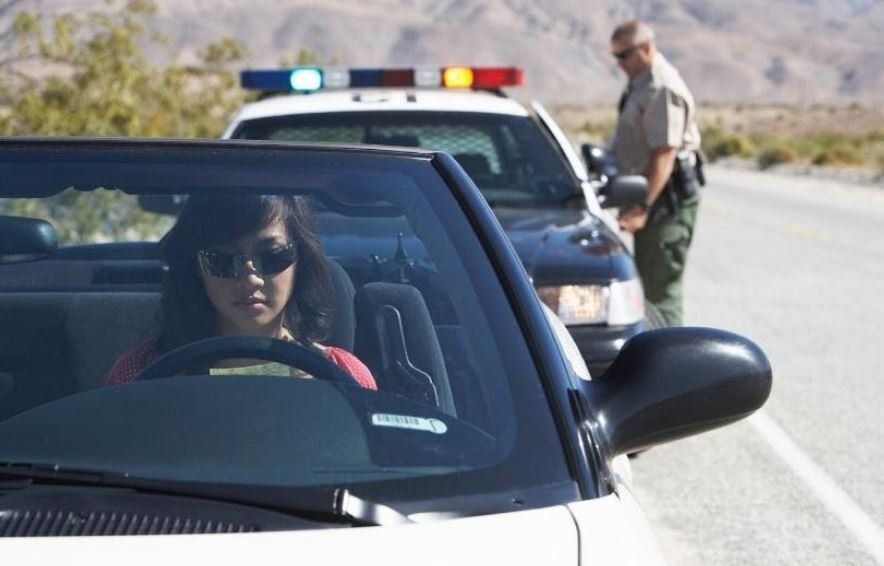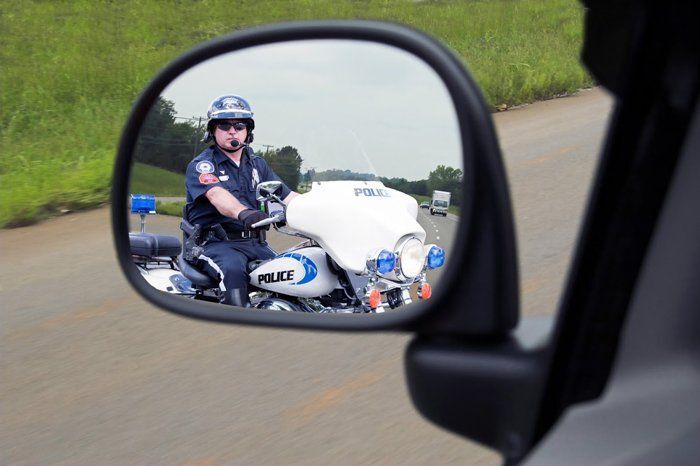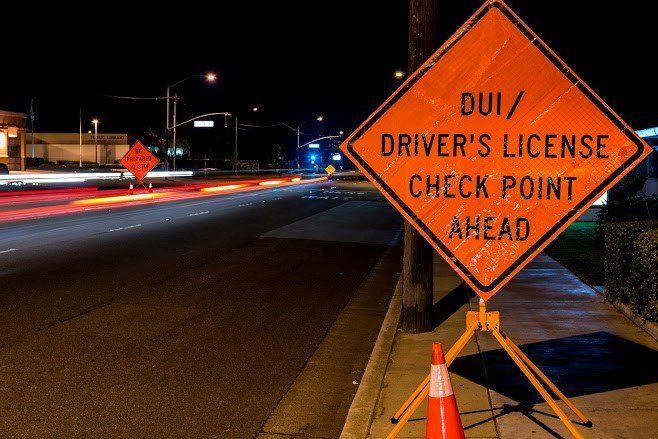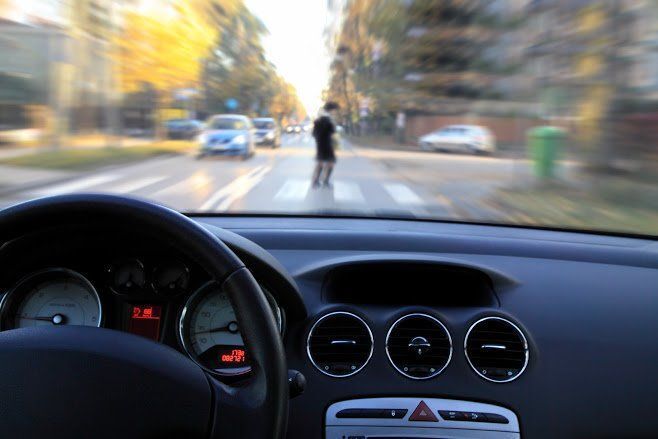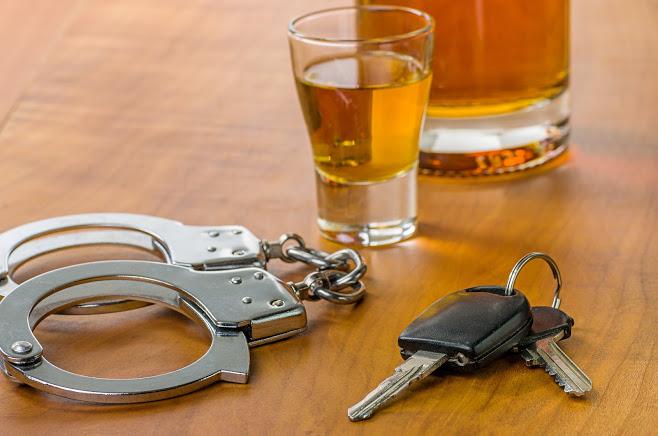
A DUI conviction can come with serious consequences. A first offense can come with a fine and full year suspension of your license. The suspension alone can create an incredible amount of hardship for someone. Penalties for subsequent offenses only become harsher. Here are some of the defenses available for a DUI charge in Virginia.
1. The Arrest Occurs on Private Property
A common misconception is you can only receive a DUI if you're on a public highway or road. Actually, an arrest or citation for a DUI can happen on private property. However, the implied consent law of Virginia doesn't technically apply on private property.
Implied consent means, as a valid license holder, you automatically give consent to undergo breath or blood chemical testing within three hours of an offense. Refusing such a test constitutes breaking the law and can come with its own penalties.
The law, as written, stipulates implied consent is only in effect when on a highway or other roadway accessible to the public. If you're arrested or cited on private property, any chemical test taken may not be admissible in court.
2. The Charge Itself Has Faults
A DUI charge can consist of a single sentence, but really, that charge contains three elements. The elements of a DUI include:
- You drove or operated;
- A motor vehicle;
- While under the influence of alcohol or drugs.
Prosecution must prove each one of these elements individually.
If the prosecution cannot satisfactorily prove beyond a reasonable doubt you violated all three of these elements, there's a chance the case against you will fail. For example, if a police officer finds you drunk, behind the wheel of a car, they may cite you for a DUI.
If you weren't driving or operating the vehicle, then one of the three elements isn't satisfied. Note that operating a vehicle means having the ability to manipulate it. If you have the key in the ignition, even if you're not doing anything else, this is enough to prove vehicle operation.
3. The Arrest or Citation Violates Your Fourth Amendment Rights
Your Fourth Amendment rights protect you from unreasonable search and seizure. The play between the Fourth Amendment, Virginia's own search and seizure laws, and the details of your stop can create a lot of gray area for your defense to work with.
Two main things come into question when an officer stops or approaches you:
- Reasonable suspicion – The officer must have a valid reason to stop you.
- Probable cause – The officer must have a preponderance of evidence to arrest you.
If an officer cannot prove these two things, you might see your case dismissed. Profiling or other forms of discrimination that lead to arrest can also represent a violation of your rights.
4. The Sobriety Testing Doesn't Give Accurate Results
An officer can put you through a series of field sobriety tests. These tests are not fully reliable, as they require you to perform actions you can have trouble with whether intoxicated or not.
For example, the eye test is very complicated, and an officer may not have the expertise to judge its accuracy. Your defense can challenge any physical test based on your own physical health, environmental conditions, and road conditions at the time.
In addition, an officer must administer these tests in a particular fashion. If the officer doesn't follow the guidelines for the tests, the tests may become invalid in your case.
These are only a sample of the possible defenses to a DUI in Virginia. Each one of these examples requires a legal representative to help you figure out how to present the defense. Your legal representative can also help you work out other defenses depending on the details of your case.
The more doubt you can add to the prosecution's case, the better the chance of you receiving a good outcome. If you're facing a DUI charge, contact Tolbert & Tolbert, LLP, immediately.

